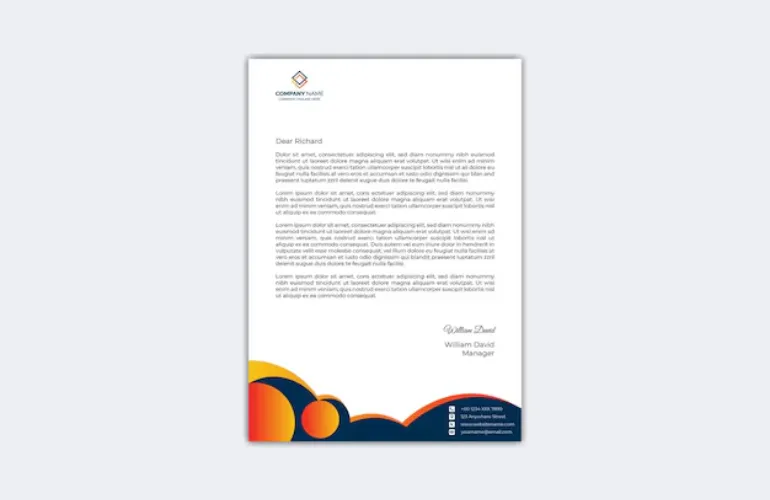Strategies for achieving academic success are evident from the Chronicle of Higher Education for students to implement. Being a reference to higher education information and guidance, The Chronicle offers some tips with which students can succeed in their studies. In this way, students can develop the strategies in order to improve the learning process, increase the effectiveness of the performance and achieve all of the academic objectives.
Understanding The Chronicle of Higher Education’s Recommendations
The Chronicle of Higher Education is one of the most popular periodicals that address various issues connected to higher learning institutions. Its patterns have very often informed practical advice regarding behavior in study, time to spend on study, and overall approach to study. From these strategies students shall be able to better appreciate how they can do well in their studies.
Effective Time Management Techniques for Students
Among the strategies outlined by The Chronicle of Higher Education, the following is regarded as being of great importance; time management. Time management can also be used to avoid the conflict between class work, other activities, and other needs. There are organizational preferences that allow students to put arising tasks in order depending on time constraints and the criticality of the task. This approach is quite useful in mitigating stress and in general increasing efficiency at the workplace.

Developing Strong Study Habits
Another recommended strategy that CHRONICLE OF HIGHER EDUCATION suggests that students employ in an effort to increase efficiency in studying is formation of good study habits. The importance of this framework is to set a standard and regular study habit and engage the students in active learning strategies that improve performance. Summarizing the information, self-testing, and teaching others are good strategies to enable the students grasp what they have learnt in order to excel in their exams.
Being an Active Learner and Participant
Engagement and involvement is highly important for a student to excel in academics. The Chronicle of Higher Education focuses on what happens after students just read the course content. Class discussions, joining study groups, and seeking for other resources make classes more interesting and active, thus enhancing understanding of the course material.
Developing Interpersonal Communication with the Faculty and Students
Another general practice is the development of good relations with professors and friends. Interacting with the faculty members also avail one meaningful and academic guidance that he/she may need. Corresponding, working on a project with friends or group members or through assignments that are grouped creates a process of group working and honest problem solving skills.
Utilizing Campus Resources Effectively
Efficiency and utilization of facilities is one of the success factors on campus. The Chronicle of Higher Education encourages learners to exhaust all the available services including academic advisors, library, and tutoring services. However, it is stated that these resources provide extra assistance and can be useful in order to solve academic difficulties and increase the outcome. Click Here.

Work life balance as the key to good health and productivity
Work-life balance should therefore be observed to ensure the longest time is spent in the class. The Chronicle of Higher Education also on the problem of the necessity of self-care and stress coping. Physical exercise, the organization of social contacts and adequate leisure time are crucial to being able to study and also to stay healthy.
Is the Chronicle of Higher Education a journal?
The Chronicle of Higher Education is not an academic journal but a paper and an online publication which provides college and university professors and administrators with the current news, information, and job listings.
Why is higher education important in the United States?
Higher education in the United States has more than one objective . Its goal is twofold – to help learners master considerably more specific content and competencies, and to help them develop the ability to analyze, improve their social status, and acquire a job.
Is The Chronicle of Higher Education peer reviewed ?
No, The Chronicle of Higher Education is not a peer-reviewed publication. It is a newspaper and website that provides news, opinion pieces, and analysis on topics related to higher education.
What are some key strategies for academic excellence mentioned in the Chronicle of Higher Education?
Several strategies to help students excel academically as outlined in the Chronicle of Higher Education are obtainable time management, classroom involvement, mentorship and self reflection.
How can students apply the advice from the Chronicle of Higher Education to improve their study habits?
Admittedly, students can follow the tips based on Chronicle of Higher Education by having academic goals, study plan, resource centers at university, and active learning.

Conclusion
Applying all the strategies suggested by The Chronicle of Higher Education helps students receive the best results possible. Time management, good study skills, active learning, relationship building, utilization of resources and staying healthy help students to improve on their academic and learning processes and hence achieve their desired goals and objectives.





